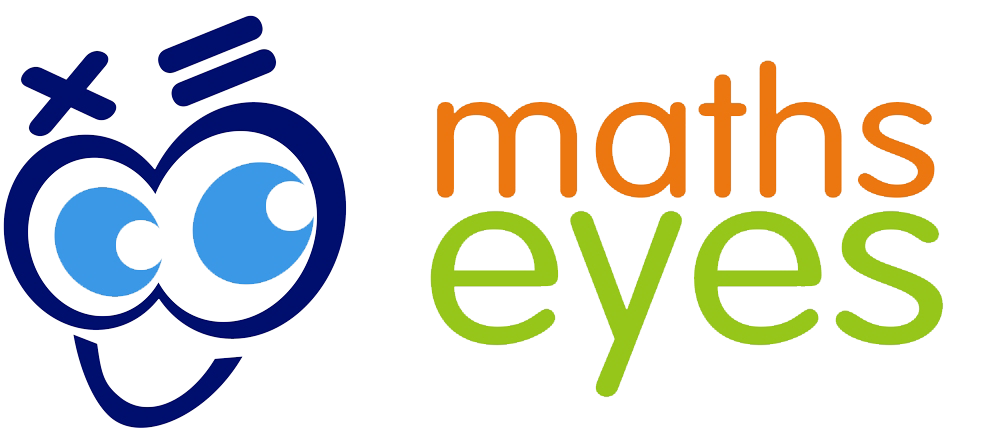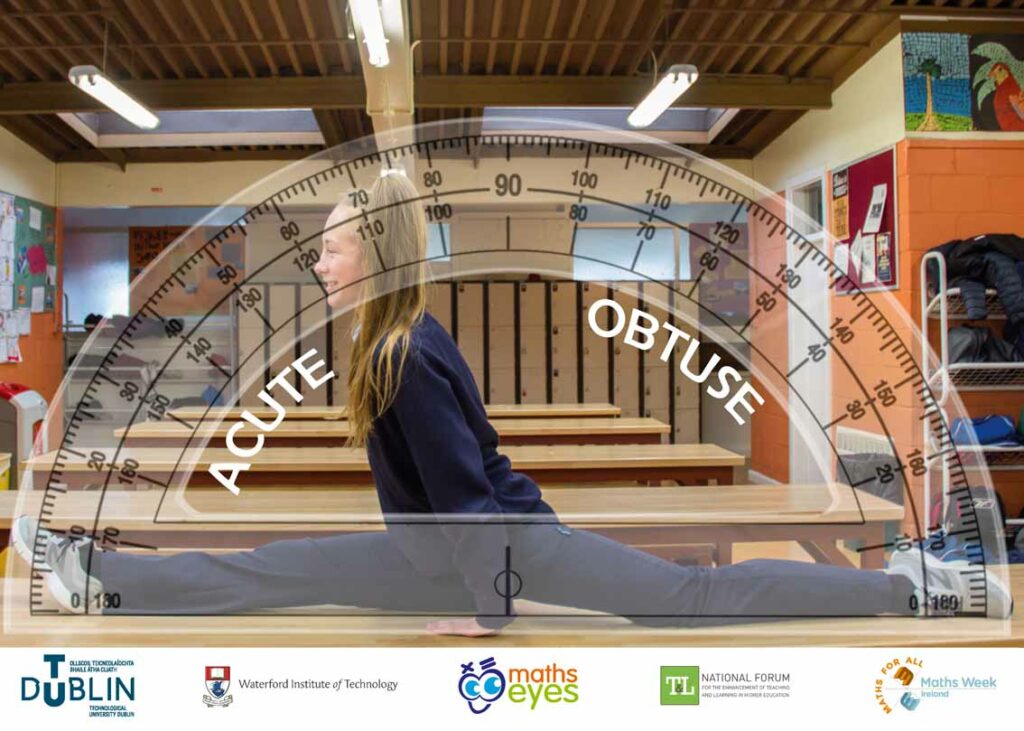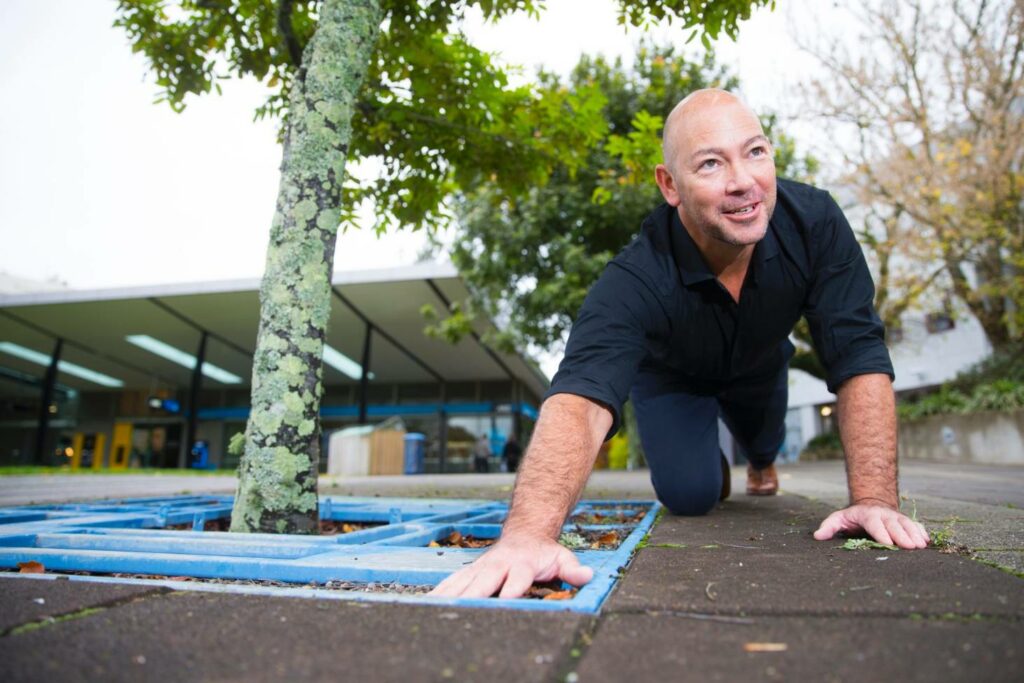Developing Maths Eyes
Our resource pack has been created to help individuals of all ages to develop their “Maths Eyes”. The activities in this pack include going out and about, taking photographs, doing maths investigations, developing a Maths Trail, and keeping a Maths Diary. These activities will help individuals to recognise and appreciate the mathematics that surrounds them in their everyday lives. So, let’s start developing those Maths Eyes!


